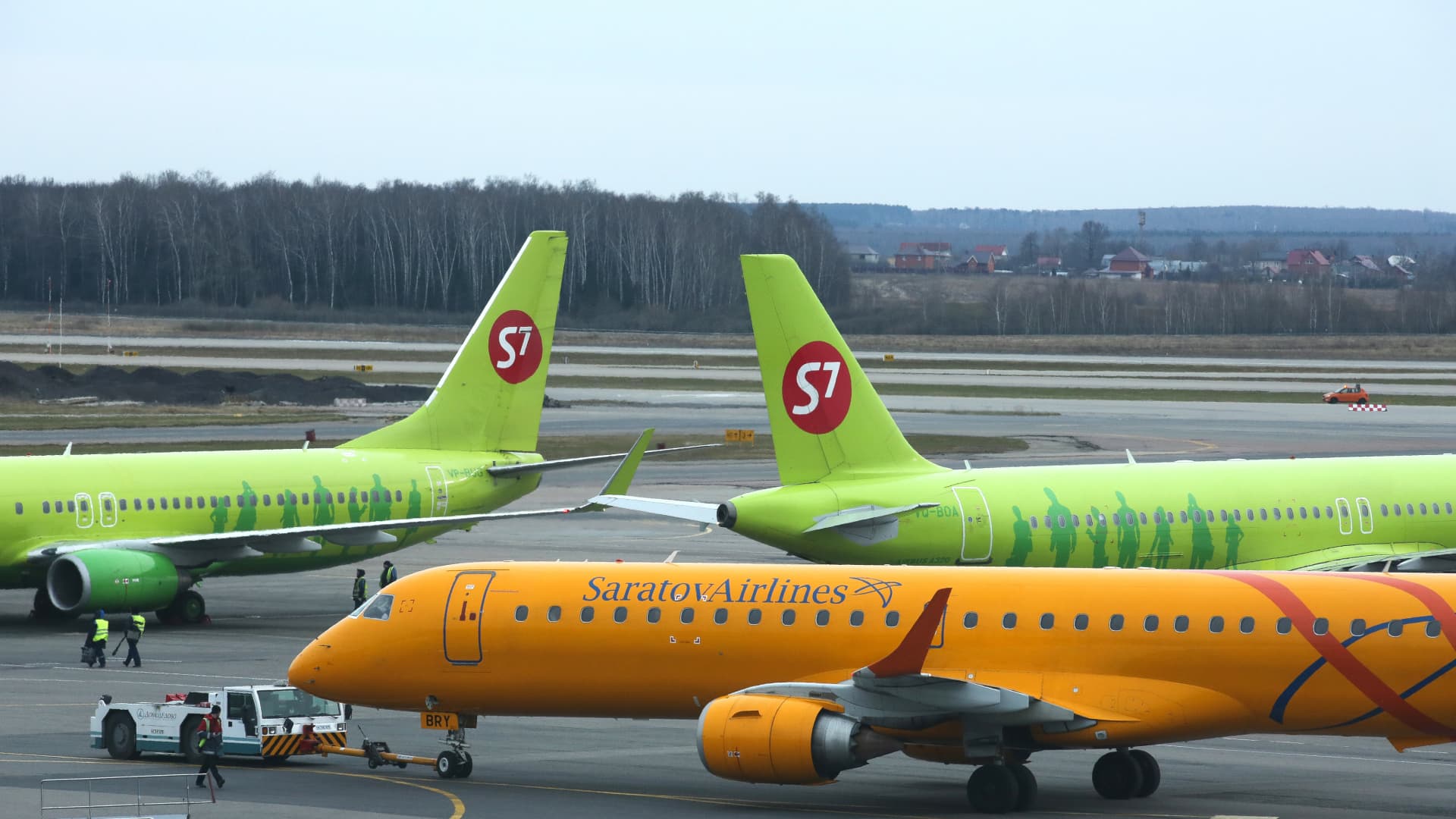- Joined
- Jun 2, 2002
- Messages
- 4,202
Some parts on an aircraft can be used without records. ALL critical parts must have a birth certificate (certificate of origin), and an accounting of cycles recorded. Some companies will also ask for hours of operation but the cycles are the life limiting factor.
If you have an LLP (life limited part) with no records then the value is simply what it will bring on the scrap market. There are records used for manufacturer run time where test cell operations of engines does not count toward the life cycle of the part BUT the run cycles are still recorded. Many brand new engines are built, tested, and disassembled and sold for parts. Just know that all life limited parts require back-to-birth records to be used.
All aircraft that are sent to the desert for either storage or future scrap have their full records on file. If a part is a tracked part then it has a serial number tied to that part in which all updates are recorded. Generally the part is marked to denote the service bullet or airworthiness directive that has been applied to that part. This is all recorded in the aircrafts records and follows the aircraft to whomever owns it. Parts can be overhauled as many times as required to keep them performing as needed but once they hit their cycle limit they are removed and scrapped.
I simply cannot imagine aircraft in Russia with no records. Who was floating the loans on these things? And who was performing maintenance? I know Russia has their own civil aeronautics board so just what are those guys doing?
If you have an LLP (life limited part) with no records then the value is simply what it will bring on the scrap market. There are records used for manufacturer run time where test cell operations of engines does not count toward the life cycle of the part BUT the run cycles are still recorded. Many brand new engines are built, tested, and disassembled and sold for parts. Just know that all life limited parts require back-to-birth records to be used.
All aircraft that are sent to the desert for either storage or future scrap have their full records on file. If a part is a tracked part then it has a serial number tied to that part in which all updates are recorded. Generally the part is marked to denote the service bullet or airworthiness directive that has been applied to that part. This is all recorded in the aircrafts records and follows the aircraft to whomever owns it. Parts can be overhauled as many times as required to keep them performing as needed but once they hit their cycle limit they are removed and scrapped.
I simply cannot imagine aircraft in Russia with no records. Who was floating the loans on these things? And who was performing maintenance? I know Russia has their own civil aeronautics board so just what are those guys doing?




